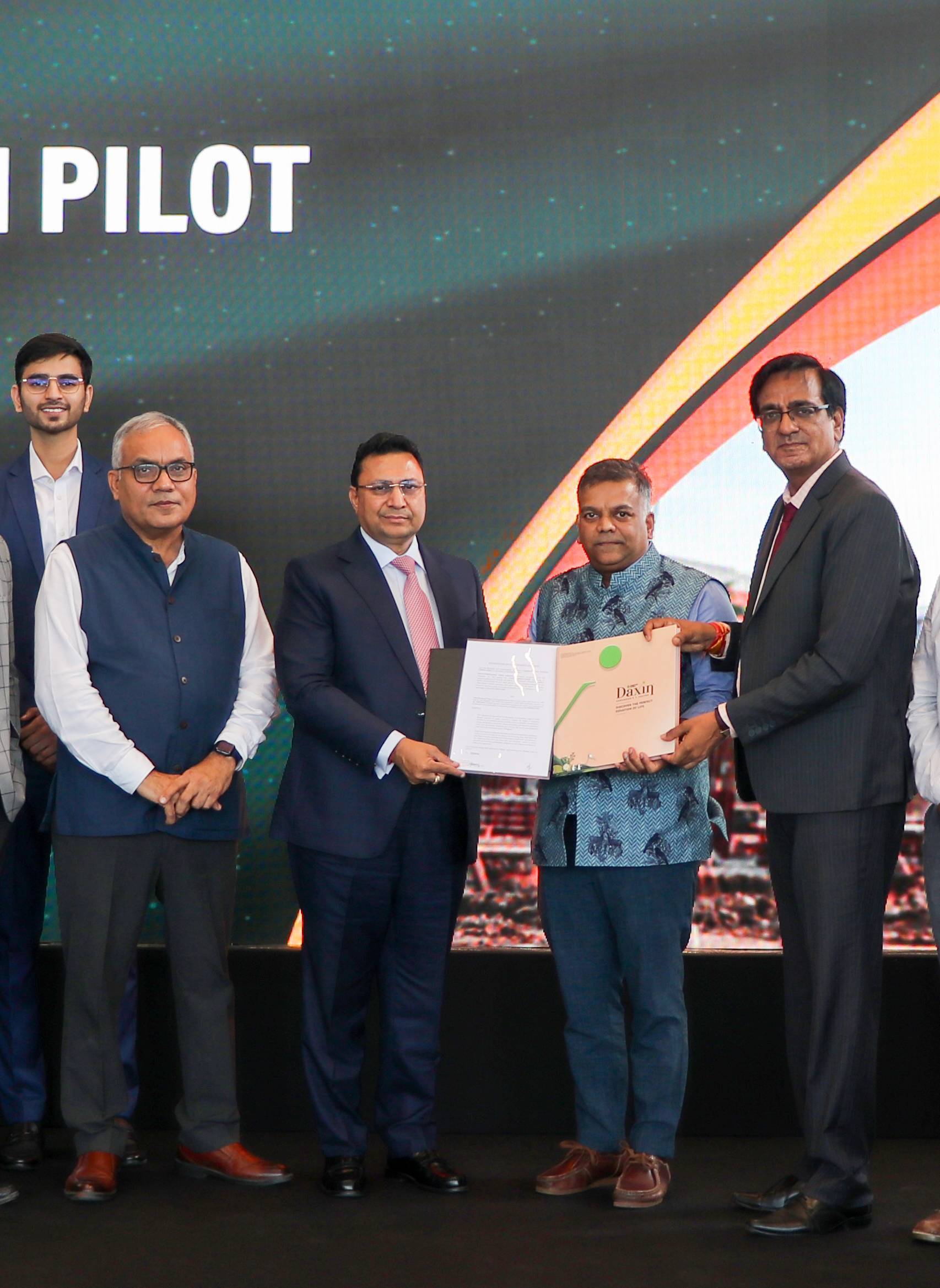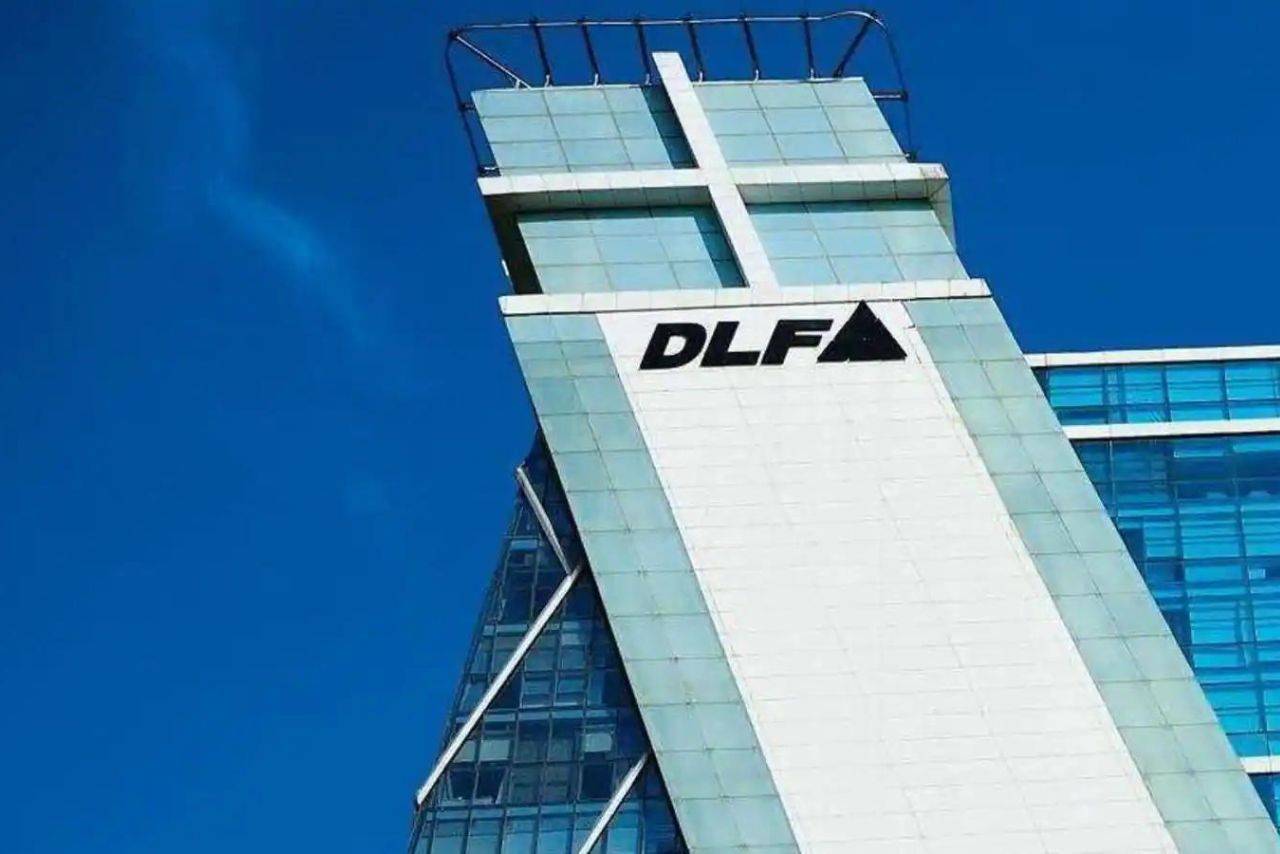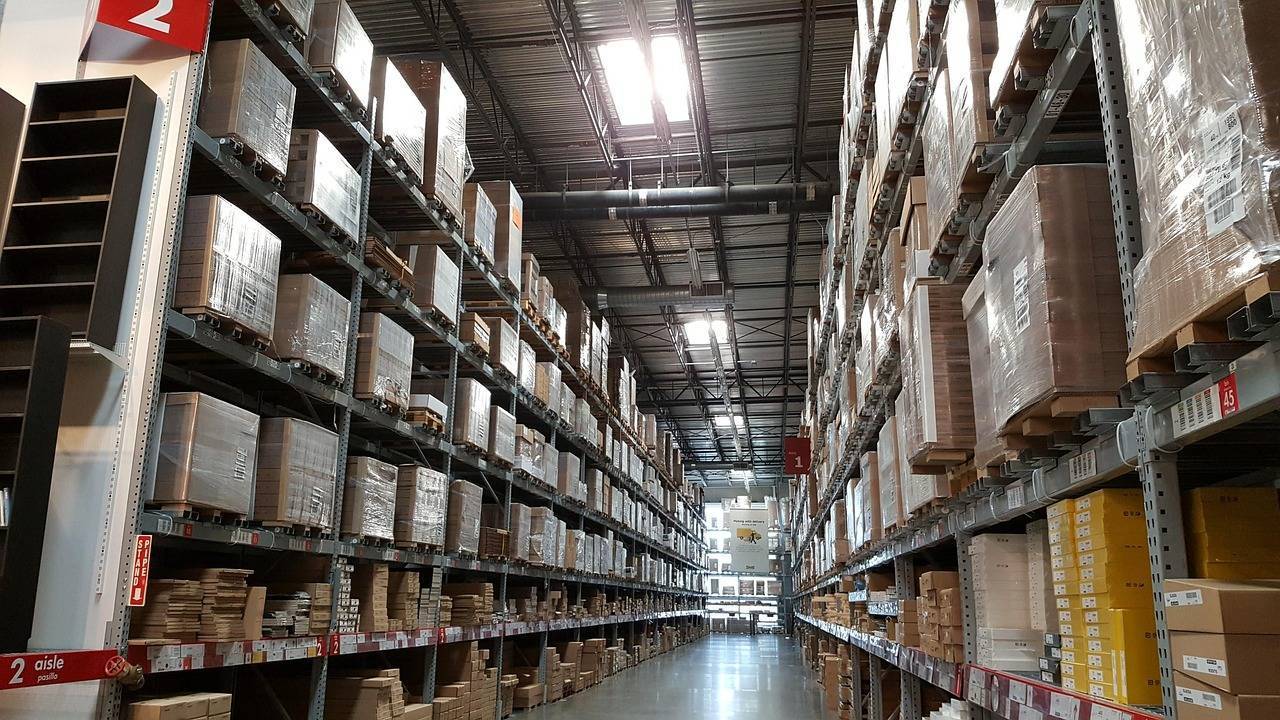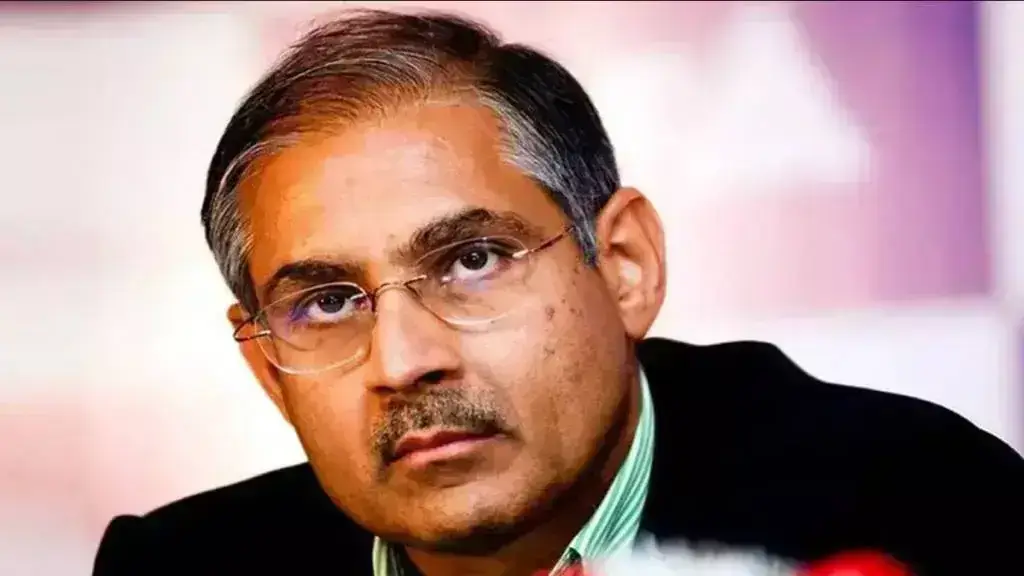Jindal Stainless Limited (JSL), India’s largest stainless steel producer, has announced a significant push towards sustainability with planned investments of ₹700 crore in decarbonisation initiatives. The company also reported that it reduced carbon dioxide emissions by 3,18,248 metric tonnes in FY25, representing a 14% year-on-year decline from FY24 levels.
The company attributed this progress to a combination of measures including commissioning Odisha’s largest captive solar power plant, energy efficiency upgrades across its production facilities, and process-level improvements aimed at reducing the overall carbon footprint. JSL said that these efforts are part of its long-term strategy to achieve a 50% emissions reduction by 2035 and net-zero status by 2050.
In its sustainability roadmap, JSL has outlined key areas of investment. Apart from solar energy generation, the company is focusing on digitisation of its supply chain to improve transparency and efficiency, alongside community development programmes in education, healthcare, and skilling near its operational plants. The company believes that these efforts will not only reduce emissions but also enhance socio-economic development in the regions where it operates.
According to JSL Chief Sustainability Officer Kalyan Kumar Bhattacherjee, the company’s first integrated sustainability report for FY25 highlights these milestones. He said that initiatives like the Double Materiality Assessment and the introduction of ambitious ESG targets demonstrate the company’s commitment to aligning growth with responsible environmental practices.
For FY26, the company aims to build on this momentum with a sharper focus on integrating renewable energy, expanding solar capacity, and further efficiency-driven interventions.
JSL is simultaneously ramping up its production capacity. The company is expanding its facilities to reach an annual melt capacity of 4.2 million tonnes by FY27, while balancing industrial growth with decarbonisation measures.
Industry analysts see the company’s decarbonisation commitments as aligning with India’s broader climate goals, particularly its pledge to achieve net-zero emissions by 2070. With the steel sector being one of the country’s largest contributors to carbon emissions, JSL’s investments could have a significant impact on reducing industrial carbon intensity.









.png)